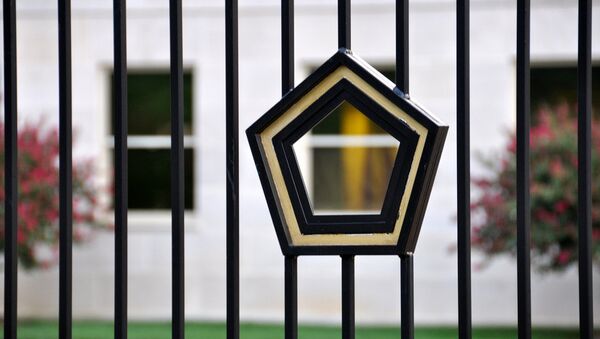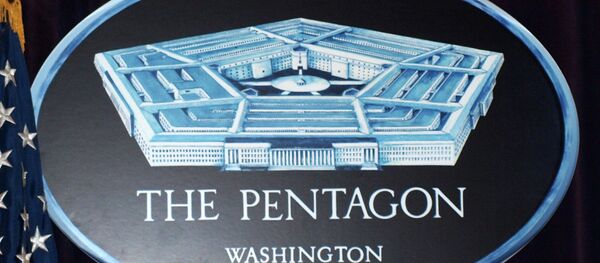“Some of what it’s taught us is not about DIUx’s shortcomings so much as about our shortcomings as a department as a whole,” Carter said Wednesday. “I think we need to admit when we have to change.”
Carter insisted that the changes are not due to failures in the controversial programs, but rather to a natural shift to a more Silicon Valley-based model, Defense One reports.
Their work so far has “taught us is there there are some ways [DIUx] can improve in the way it connects to the wider tech community,” Carter said. “DIUx will be a testbed for new kinds of contracting with startup firms. They’ll work quickly to execute time-sensitive acquisition programs. And they’ll move at the speed of business. We know how fast companies run here and in other tech hubs around the country and we expect DIUx 2.0 to run alongside them.”
One of those removed is George Duchak, the former director of DIUx — but Carter praised him during the announcement of his resignation.
“DIUx wouldn’t be where it is today without George Duchak, its founding director,” Carter told Defense One. “We’re grateful to him…for helping launch such a path-breaking initiative…getting DIUx 1.0 off the ground, trying a whole lot of new things…and identifying potential partners.” Duchak will return to the Pentagon to “expand innovative practices in other areas.”
Being brought into the effort are former fighter pilot Rajiv Shah, Iraq veteran Vishaal Hariprasad, Christopher Kirchhoff, director of strategic planning at the National Security Council, and Isaac Taylor, who was head of operations at Google[X].
“We’re taking a page straight from the Silicon Valley playbook: we’re iterating, and rapidly, to make DIUx even better. As a result of all this great experience and in view of technology’s and the world’s imperative to stay agile, today we’re launching DIUx 2.0,” Carter said.





